- Browse
- Next Generation Sequencing
Results for "next generation sequencing"
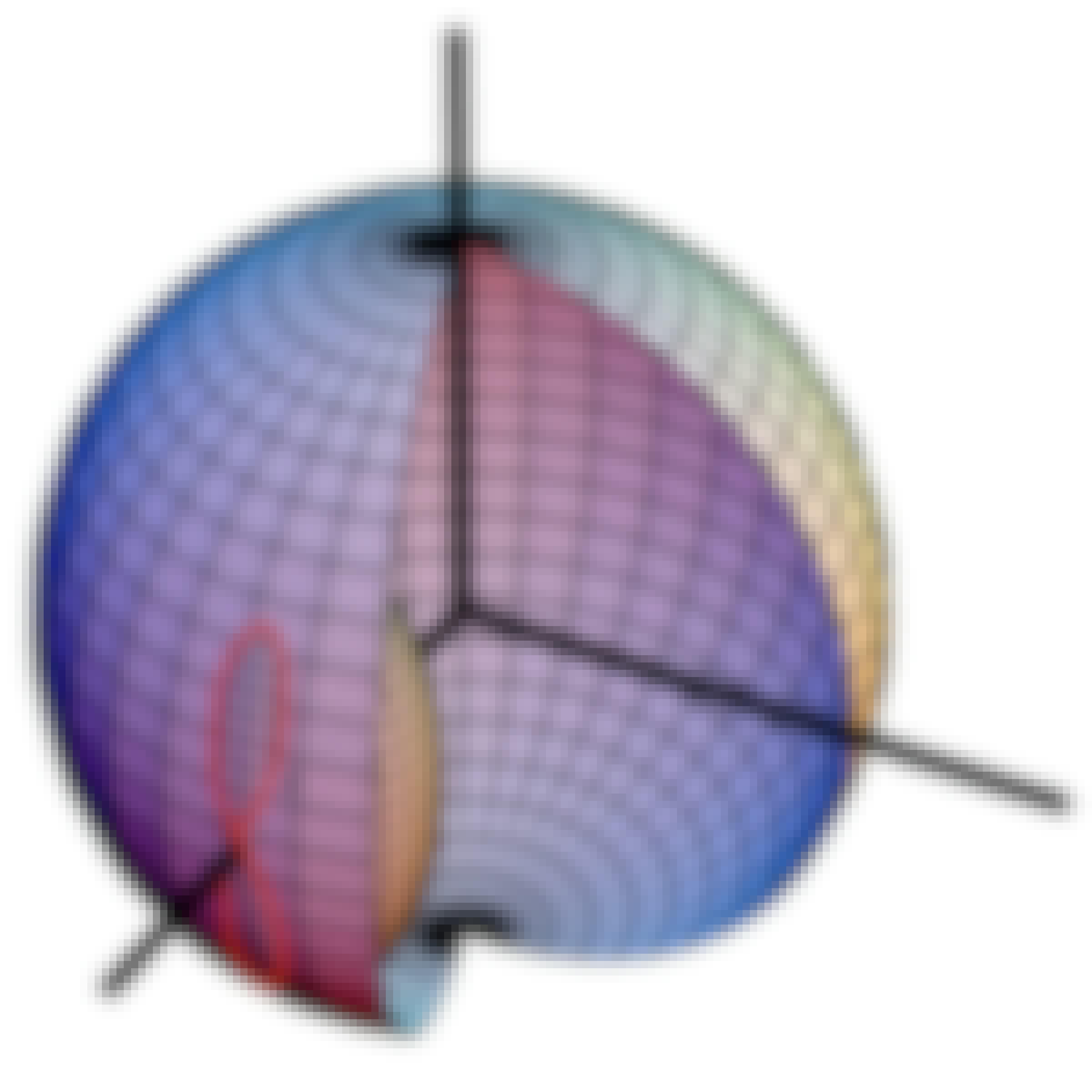 Status: Free TrialFree TrialU
Status: Free TrialFree TrialUUniversity of Colorado Boulder
Skills you'll gain: Control Systems, Numerical Analysis, Simulations, Engineering Analysis, Engineering Calculations, Verification And Validation, Mathematical Modeling
4.6·Rating, 4.6 out of 5 stars50 reviewsAdvanced · Course · 1 - 3 Months
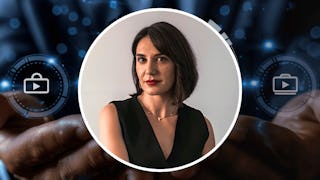 Status: Free TrialFree Trial
Status: Free TrialFree TrialSkills you'll gain: Customer Acquisition Management, Marketing Analytics, Branding, Brand Management, Customer Engagement, Target Audience, Lead Generation, Customer Insights, Marketing Channel, Marketing, Web Analytics, Brand Loyalty, Marketing Strategies, Campaign Management
4.7·Rating, 4.7 out of 5 stars12 reviewsBeginner · Course · 1 - 4 Weeks
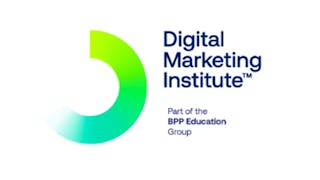 Status: Free TrialFree TrialD
Status: Free TrialFree TrialDDigital Marketing Institute
Skills you'll gain: Marketing Budgets, Data-Driven Decision-Making, Digital Marketing, Social Media Marketing, Marketing Channel, Data Ethics, Customer experience strategy (CX), Digital Media Strategy, Customer Analysis, Customer experience improvement, Cross-Channel Marketing, Marketing Automation, Marketing Strategy and Techniques, Strategic Marketing, Social Media Strategy, Digital Advertising, Business Analytics, Marketing Planning, Marketing Analytics, Strategic Thinking
4.6·Rating, 4.6 out of 5 stars10 reviewsBeginner · Specialization · 1 - 3 Months
 Status: Free TrialFree TrialV
Status: Free TrialFree TrialVVanderbilt University
Skills you'll gain: Generative AI Agents, Java, Agentic systems, AI Workflows, Generative AI, LLM Application, Tool Calling, OpenAI API, Application Development, Prompt Engineering, Debugging
4.2·Rating, 4.2 out of 5 stars25 reviewsBeginner · Course · 1 - 3 Months
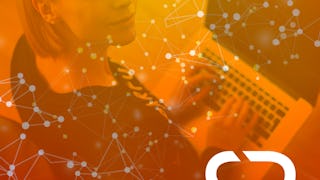 H
HHEC Paris
Skills you'll gain: Storytelling, Leadership, Self-Awareness, Relationship Building, Strategic Leadership, Accountability, Resilience, Personal Development, Business Leadership, Organizational Leadership, Professional Development, Innovation, Presentations, Forecasting, Analysis
4.7·Rating, 4.7 out of 5 stars78 reviewsMixed · Course · 1 - 3 Months
 Status: NewNewStatus: PreviewPreview
Status: NewNewStatus: PreviewPreviewSkills you'll gain: Music, Empathy & Emotional Intelligence, Culture, Psychology, Neurology, Anatomy, Science and Research
5·Rating, 5 out of 5 stars6 reviewsBeginner · Course · 1 - 4 Weeks
 Status: Free TrialFree Trial
Status: Free TrialFree TrialSkills you'll gain: Digital Transformation, Generative AI, ChatGPT, AI Enablement, Strategic Decision-Making, Software Development Tools, LLM Application, Prompt Engineering, Artificial Intelligence, User Interface (UI) Design, Debugging
4.5·Rating, 4.5 out of 5 stars19 reviewsBeginner · Course · 1 - 4 Weeks
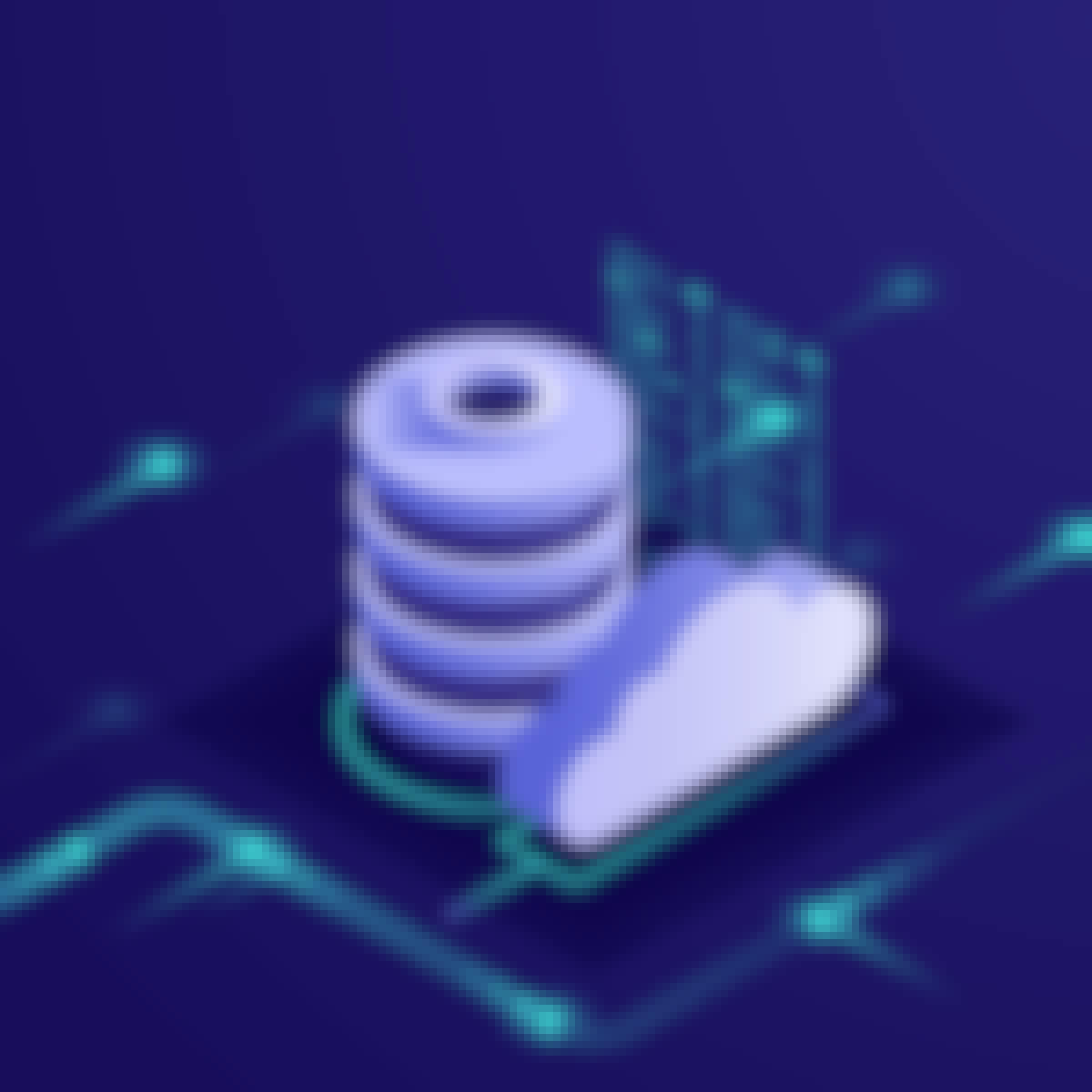 Status: Free TrialFree Trial
Status: Free TrialFree TrialSkills you'll gain: Prompt Engineering, Plot (Graphics), Data Visualization, Large Language Modeling, Text Mining, Retrieval-Augmented Generation, Data Visualization Software, Data Analysis, Natural Language Processing
5·Rating, 5 out of 5 stars6 reviewsIntermediate · Course · 1 - 4 Weeks
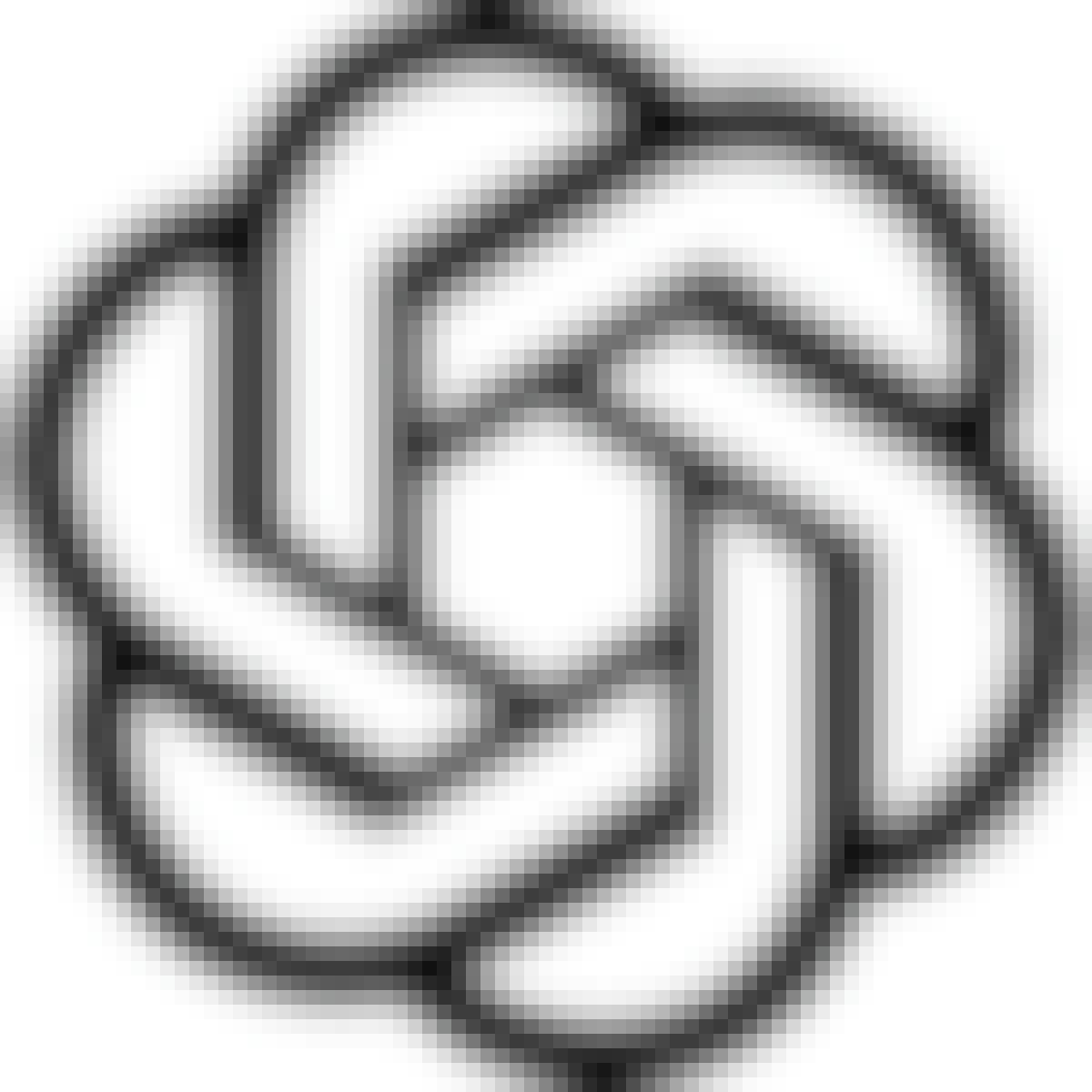 Status: Free TrialFree Trial
Status: Free TrialFree TrialSkills you'll gain: OpenAI API, Prompt Engineering, Large Language Modeling, ChatGPT, OpenAI, Generative AI, Application Performance Management, Image Analysis, Application Programming Interface (API), LLM Application, Multimodal Prompts, Animations, File Management, Graphics Software, Embeddings, Classification Algorithms, Computer Graphics, Application Development, Python Programming, Computer Science
3.9·Rating, 3.9 out of 5 stars33 reviewsBeginner · Specialization · 1 - 3 Months
 Status: NewNewStatus: Free TrialFree TrialD
Status: NewNewStatus: Free TrialFree TrialDDassault Systèmes
Skills you'll gain: Computer Aided Three-Dimensional Interactive Application (CATIA), Drafting and Engineering Design, Mechanical Design, Engineering Drawings, Issue Tracking, Technical Drawing, Mechanical Drawings, Assembly Drawing, 3D Modeling, Computer-Aided Design, Collaborative Software, Document Management, Mechanical Engineering, Product Lifecycle Management, Geometric Dimensioning And Tolerancing, Product Engineering, Microsoft Office, Team Building, 3D Assets, Product Family Engineering
Beginner · Specialization · 1 - 3 Months
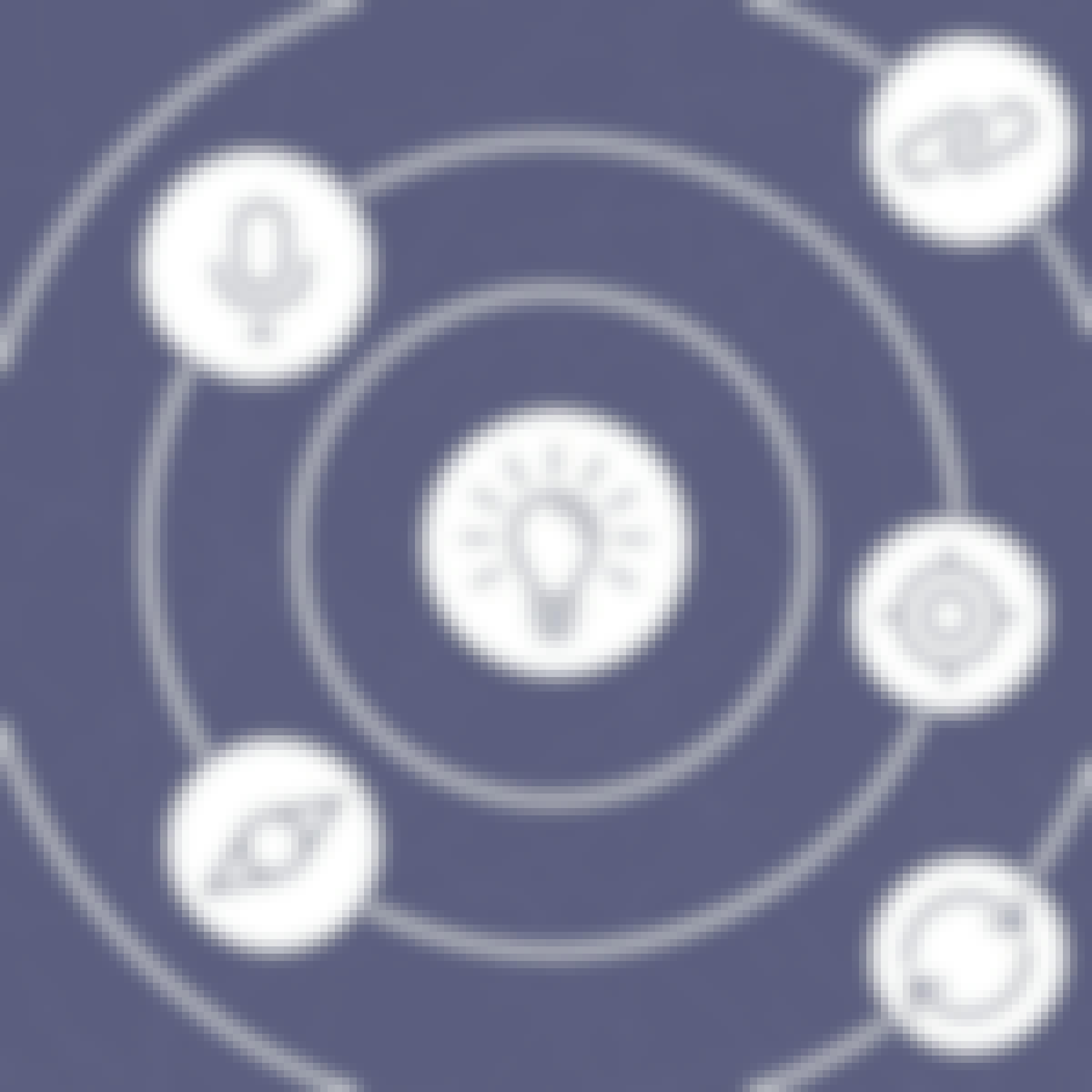 Status: Free TrialFree TrialC
Status: Free TrialFree TrialCCopenhagen Business School
Skills you'll gain: Social Impact, Growth Strategies, Marketing Communications, Sustainable Development, Business Planning, Communication Strategies, Strategic Partnership, Entrepreneurship, Performance Measurement, Innovation, Franchising
4.6·Rating, 4.6 out of 5 stars80 reviewsBeginner · Course · 1 - 3 Months
 Status: PreviewPreviewE
Status: PreviewPreviewEErasmus University Rotterdam
Skills you'll gain: Transportation Operations, Law, Regulation, and Compliance, Case Law, Labor Law, Labor Relations, Commercial Laws, Case Studies, Regulation and Legal Compliance, Court Systems, Civil Law, Workers Compensation, Legal Research, Coordination
4·Rating, 4 out of 5 stars11 reviewsAdvanced · Course · 1 - 3 Months
Searches related to next generation sequencing
In summary, here are 10 of our most popular next generation sequencing courses
- Spacecraft Dynamics Capstone: Mars Mission: University of Colorado Boulder
- Fundamentals of Customer Acquisition Management: Coursera
- Planning a Digital Marketing Strategy: Digital Marketing Institute
- AI Agents in Java with Generative AI: Vanderbilt University
- CAPSTONE: Your Leadership Challenge: HEC Paris
- The Neuroscience of Music and Emotion: Berklee
- Generative AI in Software Development: Amazon
- NVIDIA: Prompt Engineering and Data Analysis: Whizlabs
- Getting Started with Generative AI API: Codio
- CATIA - Perform as a Mechanical Designer: Dassault Systèmes










